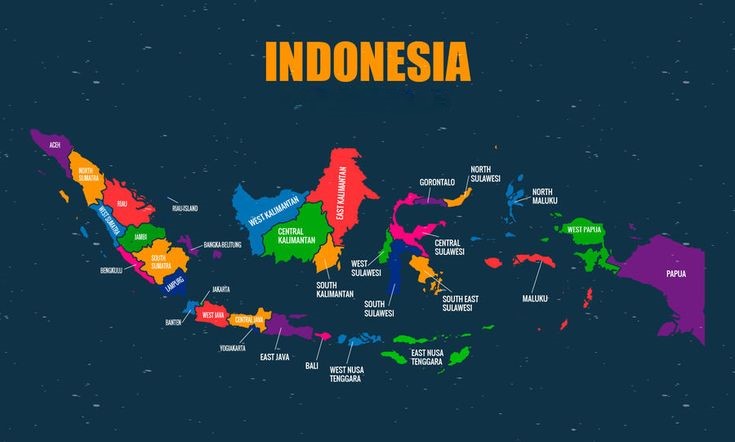
Early Beginnings
Introduction of Coffee (17th Century): Coffee was first introduced to Indonesia by the Dutch in the 1600s. The Dutch East India Company brought coffee plants from Mocha (Yemen) to Java, aiming to establish a profitable trade.
Plantations: The Dutch established large-scale coffee plantations on the islands of Java, Sumatra, and Bali. These plantations primarily utilized enslaved labor and later indentured servants from other regions.
Expansion and Trade
19th Century Boom: Coffee became a major export product for Indonesia in the 19th century, with Java coffee becoming especially popular in Europe. The cultivation expanded to other islands, including Sumatra and Sulawesi.
Varietals and Production: Different coffee varietals were developed, with Arabica and Robusta becoming prominent. The unique climates and soil conditions of the various islands contributed to the distinct flavors of Indonesian coffee.
Modern Era
Post-Independence (1945 Onward): After Indonesia gained independence, the coffee industry underwent significant changes. Smallholder farms emerged as more farmers began cultivating coffee, moving away from the colonial plantation model.
Global Recognition: In recent decades, Indonesian coffee has gained international acclaim for its unique flavors and quality. Specialty coffee markets have highlighted regional varieties such as Sumatra Mandheling, Lintong, and Java Arabica.
Contemporary Scene
Sustainable Practices: Today, there is a growing emphasis on sustainable and organic farming practices in the Indonesian coffee industry. Many farmers are adopting eco-friendly methods to improve quality and environmental impact.
Cultural Significance: Coffee has become an integral part of Indonesian culture, reflected in local brewing methods like "kopi tubruk," where coffee is boiled with sugar, and the rise of coffee shops across the archipelago.
Challenges
Climate Change: The coffee industry in Indonesia faces challenges due to climate change, affecting crop yields and quality. Farmers are adapting by diversifying crops and using resilient coffee varieties.
Economic Impact: Coffee remains a vital part of Indonesia's economy, supporting millions of farmers and contributing to export revenues. Efforts continue to improve livelihoods and sustainability within the industry.
Conclusion
Indonesia's coffee history is a testament to its adaptability and resilience. From its colonial roots to becoming a major player in the global coffee market, Indonesian coffee continues to evolve, blending tradition with modern innovation.
Find Us : Instagram : nusa.java Facebook : Nusa Java